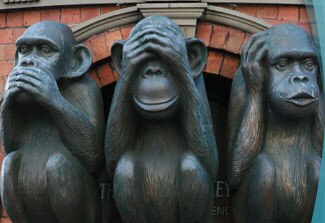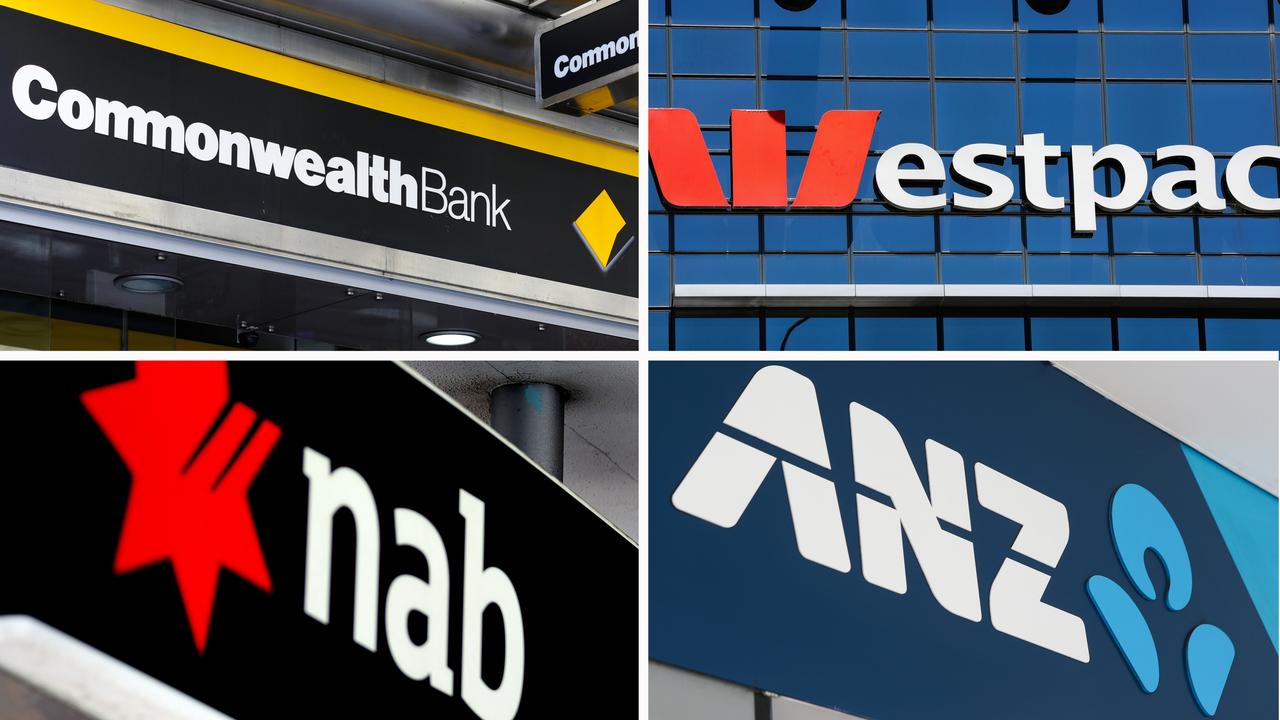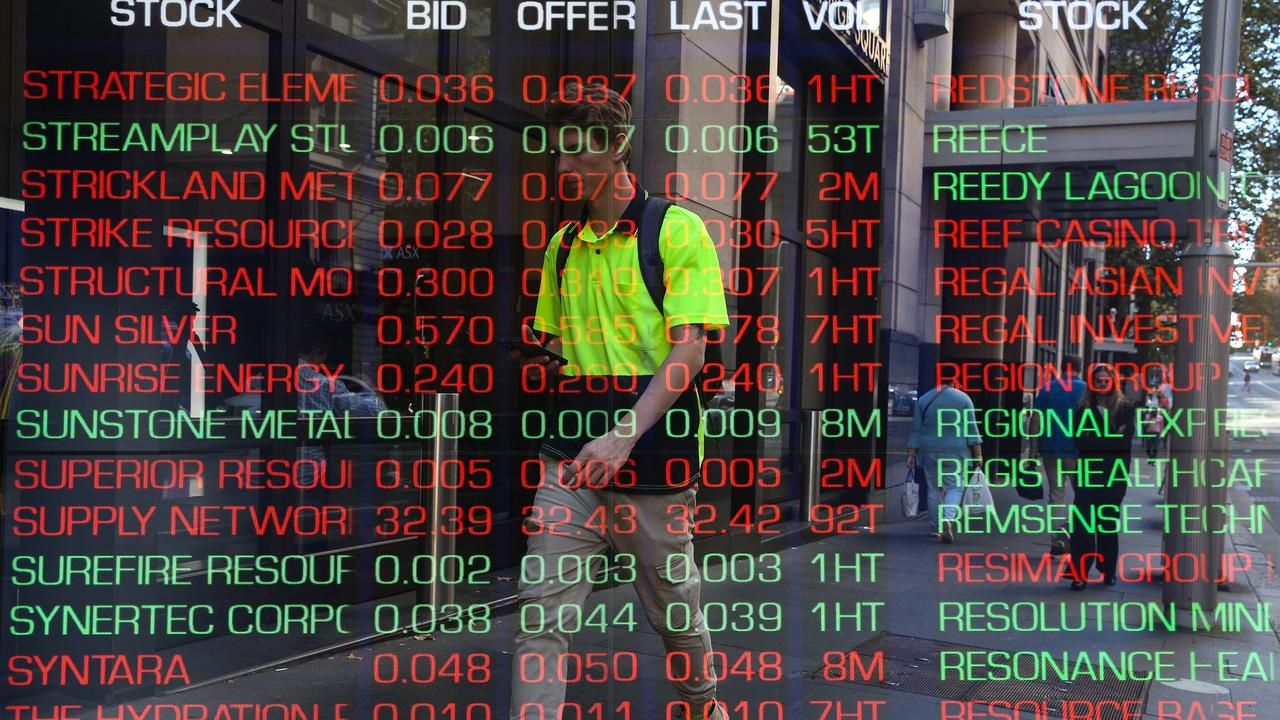Investors urged to ignore bad news
IF THE only thing to fear is fear itself, investors should not be worried about this year's double-digit share market slide.

Investors urged to ignore bad news
IF THE only thing to fear is fear itself, investors should not be worried about this year's double-digit share market slide.
Just as Depression-era US president Franklin Roosevelt urged Americans to put their money in the bank, equity market strategists today are pleading with shareholders to keep the faith.
Nerves are twitching at a time of financial market volatility, but more optimistic voices say the US will avert a recession in 2008 as more American rate cuts ease the credit crunch.
A visiting New York-based senior portfolio strategist with the Russell Investment Group, Stephen Wood, said American equity markets were historically better long-term performers than corporate and government bonds - even with World War II and the Depression factored in.
"History shows that even the scariest markets of the last 77 years did not derail long-term market probabilities,'' Dr Wood said.
Since the start of 2008, the Australian All Ordinaries share market index has fallen by 13 per cent. This period included last month's 12 successive negative trading days, the market's longest losing streak since January 1982.
"What you're seeing in the short term is that what's happening in Australia is a reaction to the credit situation we have globally,'' Dr Wood said.
Before the worries of 2008, the Australian share market had posted, on average, annual double-digit growth during the previous five years.
"Commodities-based economies had done very, very well ... that's another indicator that commodities economies have done far better than Europe or the United States,'' Dr Wood said.
The Australian share market's weak start to 2008 had the domestic bond market stabilise, with three-year yields down by 0.3 per cent and 10-year yields unchanged.
The founder of Sydney-based share market research group Conscious Investing, John Price, said analysts' predictions of a sustained share market slump would be proven wrong.
"I'm really confident, in six to nine months, people will be saying `why are we selling, the companies don't have much debt','' Dr Price said.
"Australia is in a fabulous position. We are so wealthy with the the money flowing in from resources and in six to nine months, regardless of what happens in the US, we'll be saying `why did we sell?'.''
Conscious Investing data on listed Australian firms shows that banks, supermarket chains and regionally based media companies have delivered consistent earnings during the past five years.
Dr Wood predicted the US Federal Reserve's decision in January to cut interest rates by 125 basis points would lead to the US avoiding a recession, as President George Bush's $US145 billion ($160 billion) tax cuts stimulated spending.
"By the fourth quarter we'll have a positive turnaround in the US economy ... the fiscal stimulus is going to have a big impact,'' Dr Wood said. ''(But) the news could get worse before it gets better.''
The US federal funds rate now stands at three per cent for the first time since May 2005 and is tipped to fall to 2 per cent by year's end to ease credit crunch stresses.



